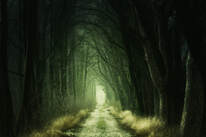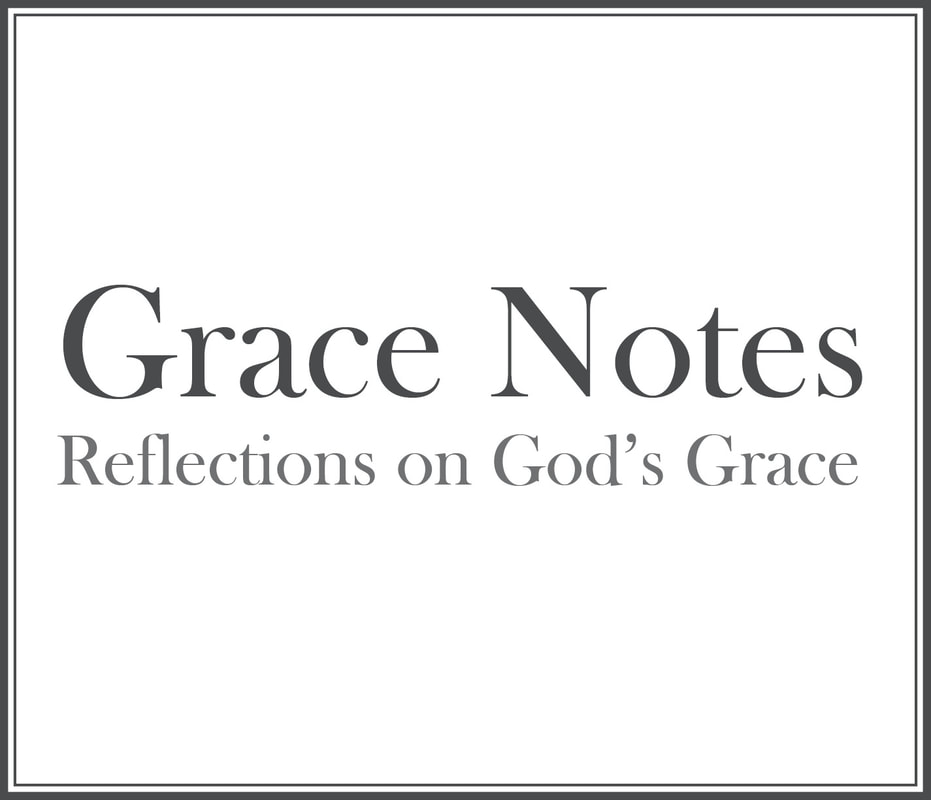 I recently finished reading The Road by Cormac McCarthy. The book was awarded the 2007 Pulitzer Prize for fiction, and since I’m on a leisurely journey to read these award-winning works, it was my next find. The book is set in a post-apocalyptic wasteland of ash and darkness. The two main characters, a father and a son, are “on the road.” They are on a journey to find something, though it is not clear what exactly. Hope, perhaps. Love for sure. Though they try to avoid the dangers and suffering of the road, they cannot. The only path to what they seek is straight through the devastation. No detours. This theme is not new to literature. If you have ever read J.R.R. Tolkien’s ring trilogy, you know that the journey undertaken by Frodo and his companions is fraught with danger. Whenever they try to go around the threat and darkness they fail. They must go straight through the forest, the mountains, and the castles to get to the goal.
I raise these literary observations because they are riffs on a theme which, as Christians, we find most centrally expressed in the life, death, and resurrection of Jesus Christ. There is no path to the empty tomb that does not lead through the humiliation, defeat, and death of the cross. The beloved 23rd Psalm tells us that we “walk through the darkest valley” (Psalm 23:4 NRSV) not around it. God is with us in that place. We are people who like to avoid suffering and pain, darkness and struggle. We rejoice when things are going well, and we show off our best moments to the world. Struggle comes and we hide it, fearing that we will be revealed as weak or a failure. Yet the path of faith, of life itself, is through the darkness, which makes both darkness and light holy places. Life is made up of the happiness and the pain we endure. I have slowly, very slowly, come to realize that Paul is wise when he teaches, “give thanks in all circumstances; for this is the will of God in Christ Jesus for you.” (1 Thessalonians 5:18) I need to give thanks for the pain and suffering of life. If I don’t, I jettison half or more of my life. My story is not just a highlight film of greatest hits. It is all the laughter and tears I have experienced. Once I give thanks for the pain, I would never edit it out of my story. It would be like losing an arm. When we can go through the darkness and give thanks for the suffering, we find that this is where the Christ who saves meets us, redeeming and resurrecting our darkest days. Henri Nouwen says it this way: “For in our suffering, not apart from it, Jesus enters our sadness, takes us by the hand, pulls us gently up to stand, and invites us to dance. We find a way to pray, as the psalmist did, “You have turned my mourning into dancing” (Psalm 30:11) because at the center of our grief we find the grace of God.” (Turn My Mourning to Dancing, p. 13) To ignore or bypass our pain, struggles, and darkness is to bar Christ and his resurrection from entering our lives to transform them. Nouwen again: “If we turn to God, not rebelling against our hurt, we let God transform it into a greater good. We let others join us and discover it with us.” (p.15) Do not fear the darkness. Go through it with Christ at your side, on your lips, and in your heart. There, even your suffering will become part of the marvelous journey of life. Pax Christi, Tim Olson – Lead Pastor
0 Comments
Leave a Reply. |
Categories
All
Archives
July 2024
|


 RSS Feed
RSS Feed

